Publications
Articles, publications, books, tools and multimedia features from the U.S. Institute of Peace provide the latest news, analysis, research findings, practitioner guides and reports, all related to the conflict zones and issues that are at the center of the Institute’s work to prevent and reduce violent conflict.
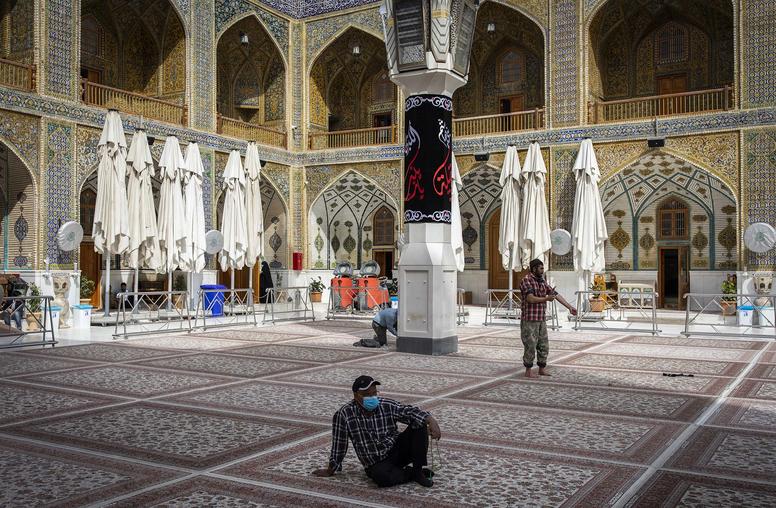
Six Challenges Facing a Fragile Middle East Amid Coronavirus
The COVID-19 pandemic has proven a challenge even for wealthy countries with the most robust health care systems. For the Middle East—a region with no shortage of dangerous pre-existing conditions—it could be far worse. The virus now appears to be spreading to a part of the world where, over the past decade, conflict and displacement have become widespread while effective governance and social cohesion have eroded.
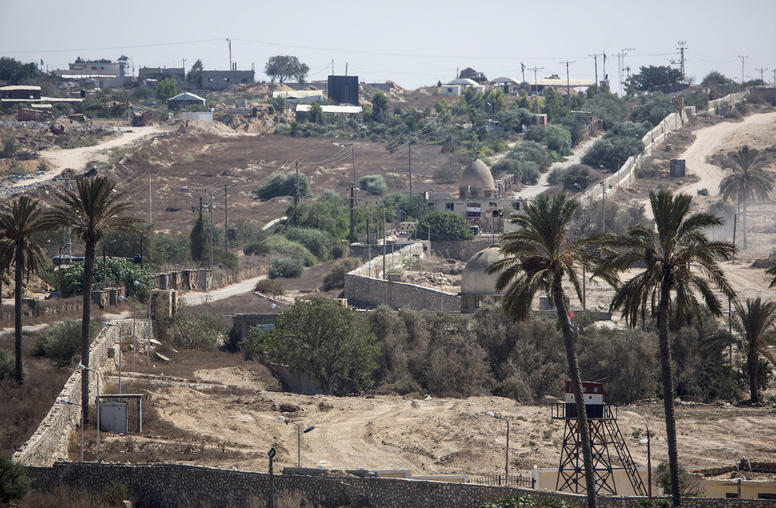
In Gaza, Israelis and Palestinians Face a Common Foe in Coronavirus
On March 22, authorities in Gaza affirmed the inevitable: the first two confirmed cases of COVID-19 in the Gaza Strip. Gazan officials reported that the two men were immediately quarantined upon entry via Egypt’s Rafah border crossing with the enclave and have remained there, along with all those who had been in contact with them. Yet, since then, the number of confirmed cases has jumped to 10, and the question of how long a further spread of the virus into Gaza can be contained weighs heavily for this densely populated territory, long beleaguered by wars and severe deficiencies in its healthcare infrastructure.
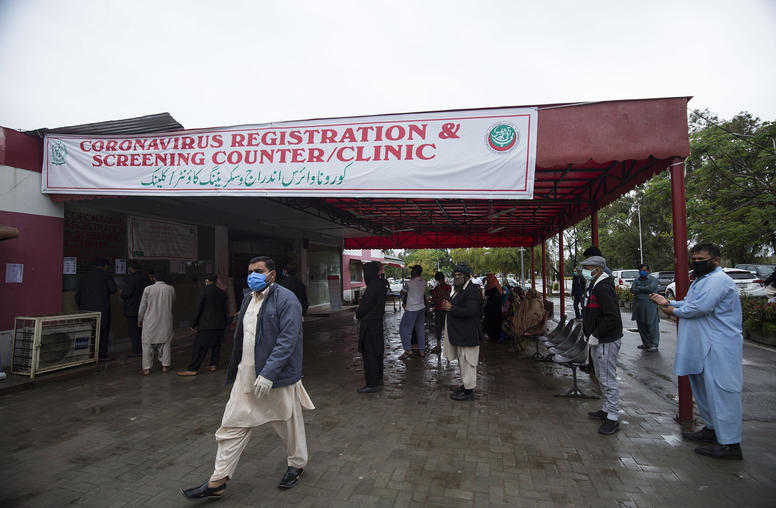
Pakistan’s Looming Coronavirus Crisis
In the weeks since Pakistan’s first confirmed cases of coronavirus, the country’s response has laid bare troubling weaknesses in governance, public health, and economic stability—and raised serious questions about Pakistan’s capacity to weather a large-scale outbreak absent significant international assistance. USIP’s Cyril Almeida and Ambassador Richard Olson look at how friction between the military and federal government poses a risk to Pakistan’s democracy, the possible avenues for medical and economic relief, and what COVID-19 means for the situation in Kashmir and Pakistan’s role in the Afghan peace process.
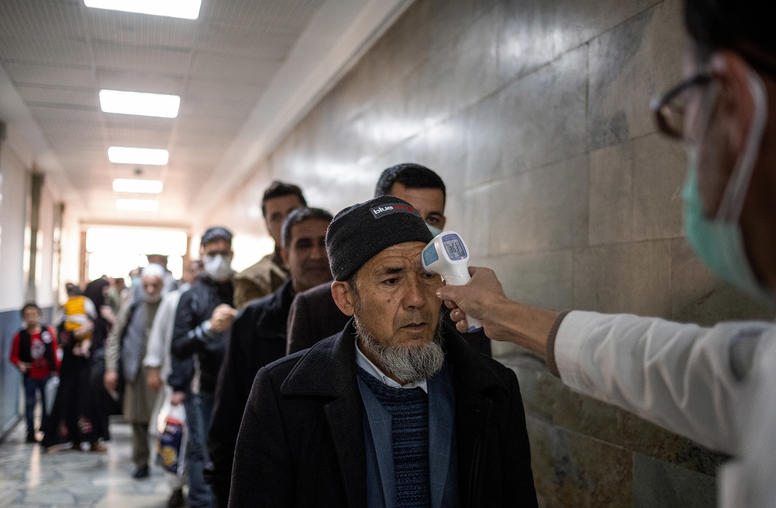
Don’t Leave Fragile States Behind in the Fight Against Coronavirus
Since the World Health Organization declared COVID-19 a global pandemic, the virus has demonstrated it can infect anyone, anywhere. The disease has affected 179 countries and regions and has spread to all 50 U.S. states. Yet if the pandemic has spread far and wide, its impacts have not been the same everywhere. The disease may be taking radically different trajectories, even among wealthy countries. While it may be too early to tell how the disease’s spread will play out in specific countries, one thing is certain: the world’s fragile states—where the social contract between citizens and the state is severed or weak—are likely to be the hardest hit, and that could pose a significant risk to the global pandemic response.
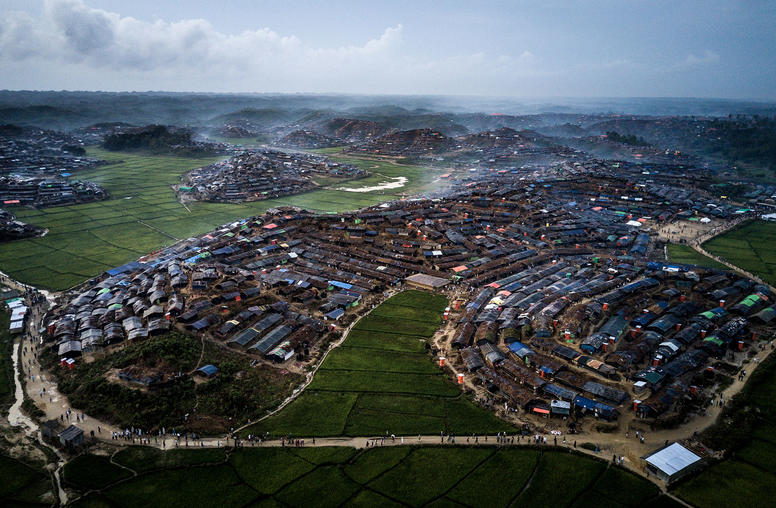
The Coronavirus Requires Global Cooperation—Now
As the world’s privileged cope with the COVID pandemic through telework and sheltering at home, millions of people face grim struggles for survival, packed into informal settlements or camps for people already displaced in war-torn or fragile states. Governments have missed opportunities for a stronger international response, partly because of great-power rivalries. The economically powerful Group of 20 nations and international financial institutions have made a start at buoying the world’s economy—but other multilateral forums are mired in stasis. The U.N. Security Council should act to get ahead of the pandemic in fragile states and seize the moment to advance peace in some of the world’s most intractable conflicts.
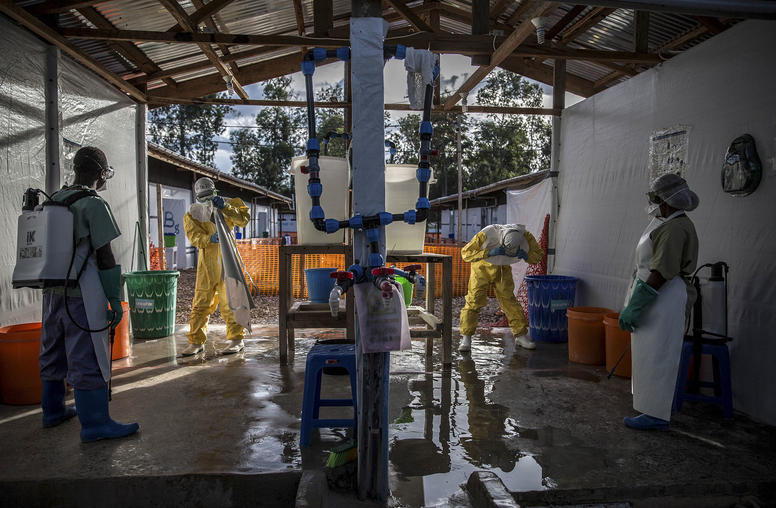
Four Lessons from Outbreaks in Africa for the Age of Coronavirus
As the coronavirus pandemic continues and new behavioral practices—from social distancing to avoiding handshakes and hugs—become expected norms overnight, there are crucial policy lessons to be learned from struggles against previous outbreaks of disease in Africa. Despite widespread poverty, weak infrastructure, and relatively few health professionals, there is an encouraging, long record of African countries—often with significant international assistance and cooperation—eventually managing to overcome dire health challenges. For non-African countries already facing large numbers of COVID-19 infections, as well as for African countries where the epidemic is now at an early stage, policymakers would do well to recall these four lessons of past epidemics—of both what to do and, perhaps almost as importantly, what not to do to confront this global threat.
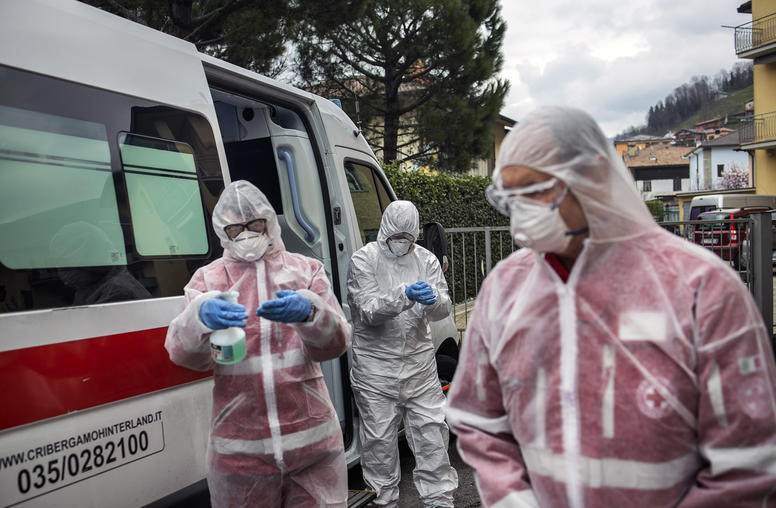
Coronavirus Puts Systems for International Cooperation to the Test
The spread of infectious diseases can foster opportunities for international cooperation, even between rivals. During the Cold War, for example, American and Soviet scientists collaborated to develop and improve a polio vaccine. The unprecedented challenges posed by the novel coronavirus pandemic put in stark relief the need for enhanced international cooperation. What role can the United States play in building such cooperation? In his 2011 book “Pandemics and Peace,” published in 2011 by USIP Press, Dr. William Long contended that infectious disease control presents an unparalleled opportunity for American leadership in global public health. Long looks back at the recommendations he made for U.S. global health policy and how they are relevant today and at how other outbreaks in recent years have led to increased cooperation.

Nancy Lindborg on the Impact of Coronavirus in Fragile States
As COVID-19 cases appear in the Middle East and Africa, USIP’s Nancy Lindborg talks about opportunities for peace amid the humanitarian and security risks posed by an outbreak. “The hope is that everyone uses this opportunity to put down their arms and think differently about conflict,” says Lindborg.
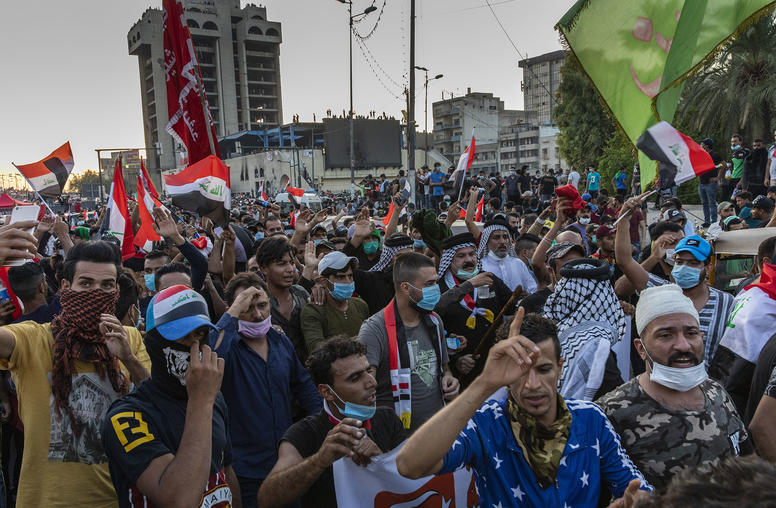
Nonviolent Action in the Time of Coronavirus
Last year saw a wave of nonviolent action movements, mostly relying on tactics of large public protests and sit-ins as people took to the streets from Hong Kong to Chile to demand greater democracy, economic equality, and social justice. Some of these movements, like the revolution that successfully ousted Sudan’s longtime authoritarian ruler Omar al-Bashir, achieved many of their goals. Others, like the pro-democracy movement in Hong Kong, were still seeking major demands from the government when news of the rapid spread of a novel coronavirus began coming out of central China.
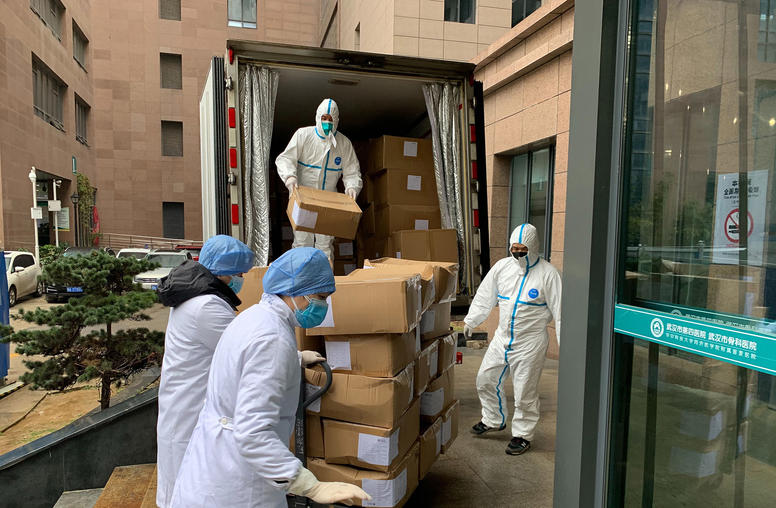
Coronavirus Crisis: U.S.-China Media War Couldn’t Come at a Worse Time
China’s move to expel U.S. journalists from the country last week comes at a time of great need for accurate information about COVID-19. The move is part of a broader Chinese effort to control the global narrative about the pandemic and is especially dangerous right now—as cracking down on foreign media further undermines trust in China’s ability to respond to the pandemic with transparency.